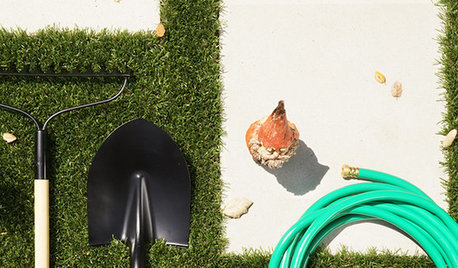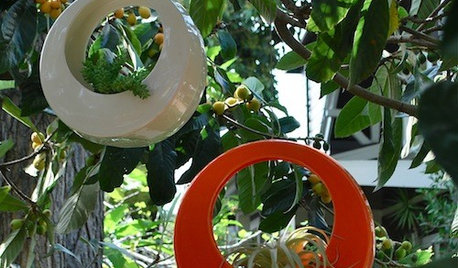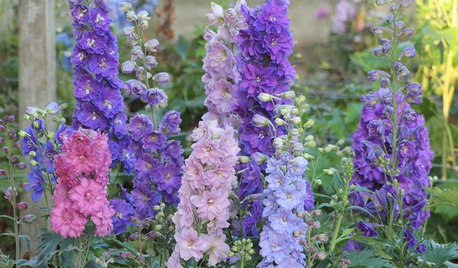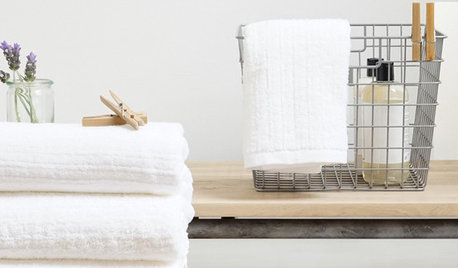Starwest Botanicals Organic Kelp Powder for your Garden?
goldfinchy
11 years ago
Featured Answer
Sort by:Oldest
Comments (22)
gardengal48 (PNW Z8/9)
11 years agogoldfinchy
11 years agoRelated Professionals
Erie Landscape Architects & Landscape Designers · Fort Lee Landscape Architects & Landscape Designers · Leawood Landscape Architects & Landscape Designers · Rancho Cordova Landscape Architects & Landscape Designers · Rossville Landscape Architects & Landscape Designers · Clearlake Landscape Contractors · Mission Viejo Landscape Contractors · Saint Paul Landscape Contractors · Secaucus Landscape Contractors · Suitland Landscape Contractors · Baileys Crossroads Landscape Contractors · Boynton Beach Decks, Patios & Outdoor Enclosures · Crestline Decks, Patios & Outdoor Enclosures · Del City Decks, Patios & Outdoor Enclosures · New Lenox Decks, Patios & Outdoor EnclosuresKimmsr
11 years agogardengal48 (PNW Z8/9)
11 years agogoldfinchy
11 years agogardengal48 (PNW Z8/9)
11 years agoKimmsr
11 years agogardengal48 (PNW Z8/9)
11 years agoKimmsr
11 years agogardengal48 (PNW Z8/9)
11 years agodicot
11 years agoKimmsr
11 years agorhizo_1 (North AL) zone 7
11 years agogardengal48 (PNW Z8/9)
11 years agoKimmsr
11 years agohank55
9 years agoHermitian
9 years agogreenleaf_organic
9 years agohank55
9 years agoHermitian
9 years agoHermitian
9 years ago
Related Stories

GARDENING FOR BUTTERFLIES3 Ways Native Plants Make Gardening So Much Better
You probably know about the lower maintenance. But native plants' other benefits go far beyond a little less watering and weeding
Full Story
CONTAINER GARDENSHappy Houseplants, Happy People
Potted plants add life and beauty to a room. Learn easy ways to keep them healthy
Full Story
GARDENING GUIDESBackyard Birds: Invite Entertaining Hummingbirds Into Your Garden
Hummingbirds — unique to the Americas — zip through open landscapes seasonally or year-round. Here’s how to attract them
Full Story
GARDENING AND LANDSCAPINGBid Bad Garden Bugs Goodbye and Usher In the Good
Give ants their marching orders and send mosquitoes moseying, while creating a garden that draws pollinators and helpful eaters
Full Story
GARDENING GUIDESUnleash Your Guerilla Gardener
Toss some seed bombs around the yard for easy, beneficial plantings
Full Story
SHOP HOUZZHouzz Products: Spring in the Garden
Have even more fun in the garden this spring with handy potting benches, outdoor accessories and tools from the Houzz Products section
Full Story
GARDENING AND LANDSCAPING40 Great Gifts for Gardeners
What to Get for Green-Thumb Types. It's a No-Gnome Zone.
Full Story
GARDENING GUIDES6 New Plant Varieties That Beat Out Their Parents
With better resistance and fewer demands, these garden beauties are worth a spot on your wish list
Full Story
ACCESSORIESGeology 101: A Craving for Coral-Inspired Design
This underwater beauty has inspired many interior designs. Here are 4 exciting and eco-friendly ways to use coral in your home
Full Story
SHOP HOUZZHouzz Products: Love Your Laundry Room
Make a clean break with washing-day dread by setting up a cheery, efficient laundry space with these finds from our Products section
Full StoryMore Discussions







greenleaf_organic